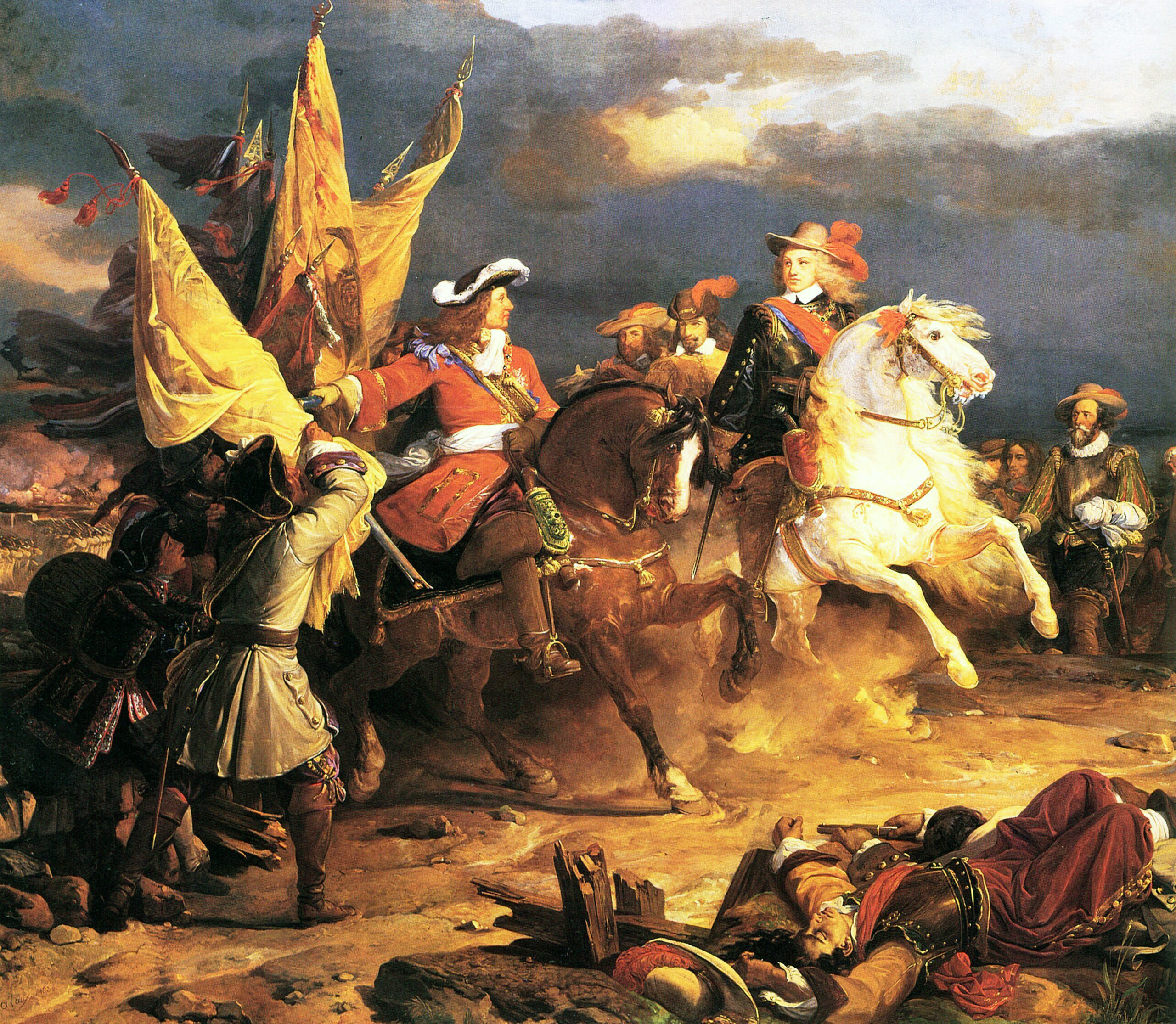My newest publication is co-authored article with Dr. Nioutsikos and Mrs. Daskalopoulou, part of our broader ARCADE project that was funded by the EU. This is a follow-up to our earlier article "Breaking the Stalemate in the Study of the Relationship of Mutual Military Buildups, Arms Races, and Militarized Disputes: The Greece-Turkey/Ottoman Empire Cases" published at All Azimuth in 2023.
In "From Arming to Fighting? The Steps to War, Mutual Military Buildups and Dispute Onset in the Greece-Ottoman Empire/Turkey Rivalries" published at Uluslararası İlişkiler Dergisi - Journal of International Relations, we take the method for locating Mutual Military Buildups we developed in the All Azimuth article, and applied to inferential statistics.
Here is the abstract
"Recent developments in the operationalization of mutual military buildups raise some questions about the findings of the quantitative literature on the association of mutual military buildups (MMB) and militarized dispute (MID) onset in the Greece-Ottoman Empire and Greece-Turkey dyads. We use the novel data to evaluate that relationship, working within the Steps to War explanatory framework. The Greece-Ottoman Empire and Greece-Turkey cases are puzzles for the framework, since on the one had they have a frequent presence of the Steps to War but have far fewer wars than we would expect. Our analysis indicates that despite that puzzling incongruity the Greece - Ottoman Empire and Greece-Turkey cases are good fits for the Steps to War, except when it comes to the role of mutual military buildups. We find indicators that while the other factors of Steps to War have a positive combined association with MID onset, the inclusion of mutual military buildups renders such an association statistically insignificant. On the other hand, we do find indicators that mutual military buildups may contribute to the transition from Lesser to Severe Rivalry, as per the Steps to Rivalry. Finally, the dyads reach infection periods that make war more likely as per the Steps to War. But many expected wars do not take place. We posit two possible explanations for future research: deterrence, or major power managerial coordination."
You may read the whole article at this link .








